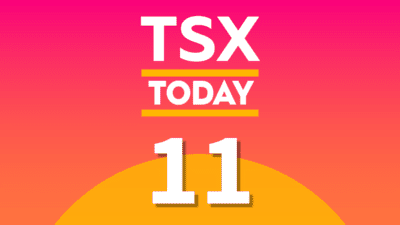Based on most analysis from economists, it is widely agreed that a national housing bubble may be far from forming in the Canadian housing market due to the vast geographical expanse of the country and the relatively unique and independent regional economic differences across the nation.
A couple of unique housing markets have typically accounted for the lion’s share of price growth over the past couple of decades (namely Vancouver and Toronto), potentially leading to regional bubbles; however, most analysts and economists tend to agree that housing prices nationwide are unlikely to feel the effects of a crash in two of Canada’s largest cities. In general, outside of a few major metropolitan markets, Canada on the whole tends to see prices rise slowly and steadily at a rate much closer to inflation, but perhaps slightly higher due to declining interest rates and a more favourable borrowing environment experienced over the past decade or so.
With the average Canadian house price now declining year over year (in fact, for the first time in more than four years), indications are that the recent interest rate hike from the Bank of Canada may have been just enough to slow down the insane momentum the national housing market has seen in recent years. The question of whether or not the additional rate hikes expected by analysts and the market alike will be the pin that pricks the bubble, negatively affecting REITs such as Dream Office REIT (TSX:D.UN) or the S&P/TSX Composite Index (TSX:^OSPTX) accordingly, remains to be seen.
One thing is for certain, however: a combination of factors lining up at the same time, which has led to a decline in the Toronto housing market (the biggest catalyst for the national housing market), did not all arise at the same time by accident. Regulators and those in government seeking to cool the housing market put in place a combination of measures aimed at cooling the red-hot Toronto market — measures which appear to have worked, at least for now.
Similar regulations put in place in Vancouver (I’m referencing the 15% foreign buyers’ tax, which has been implemented by both cities) did cool the real estate market in Vancouver for a few months; however, the west-coast city has seen prices rise to record highs in recent months amid continued strong demand and a lack of supply which has plagued the area for some time now.
Bottom line
An increase in the pace or size of interest rate hikes by the Bank of Canada could be a very bad thing for the economy. However, as I have said before, I believe a “slow and steady” approach taken by the central bank is far more likely moving forward. Whether the housing market in a few overheated Canadian cities corrects or goes into a bear market remains to be seen, but, at some point, the bubble will need to deflate, either rapidly or slowly.
Let’s hope the most recent 0.3% year-over-year decline is a sign of the latter rather than the former.
Stay Foolish, my friends.








